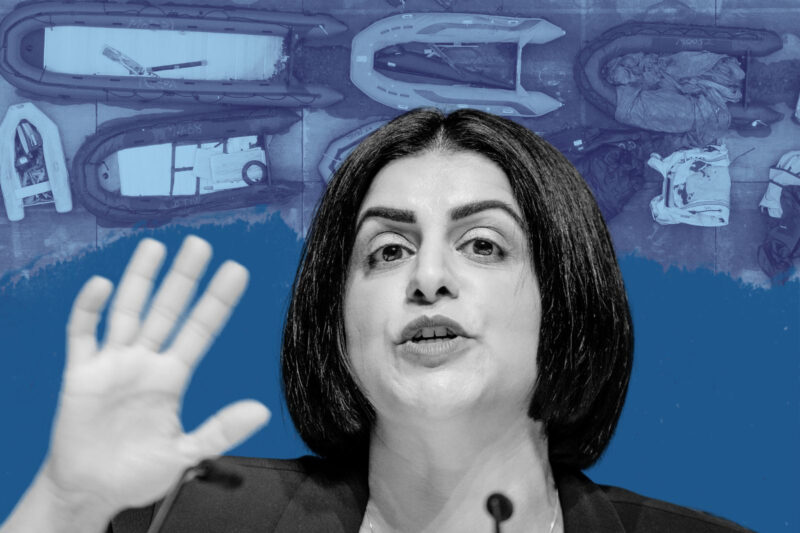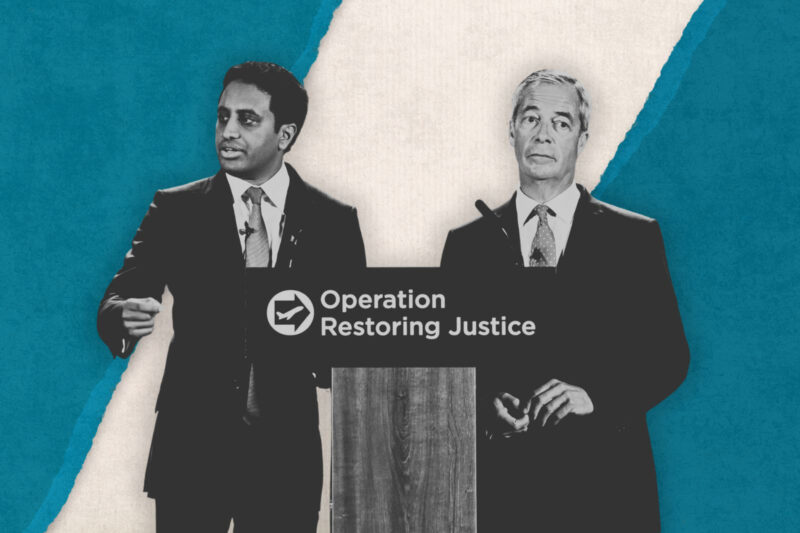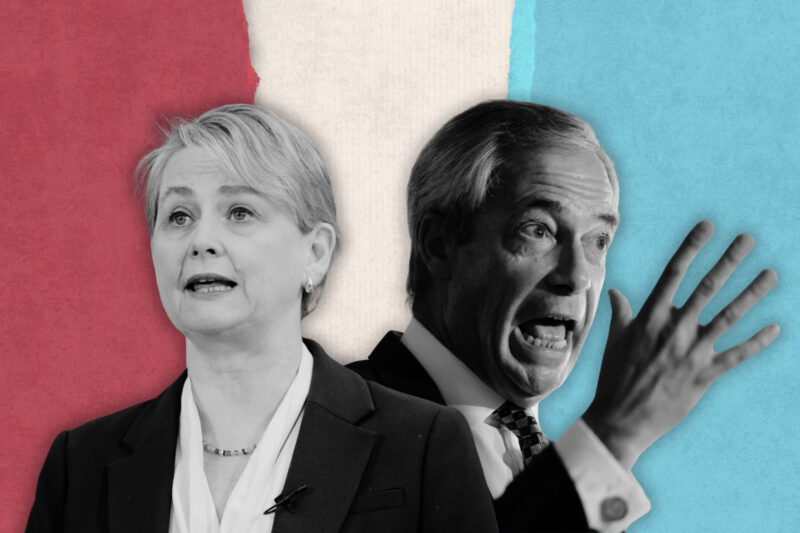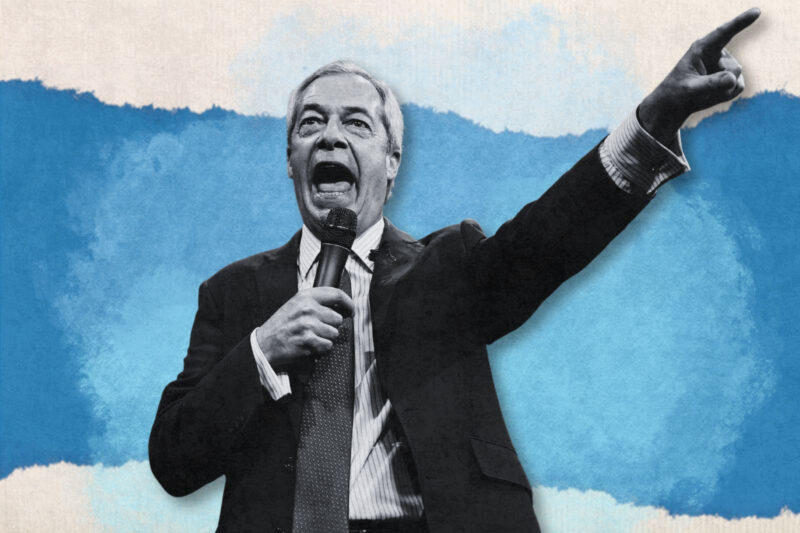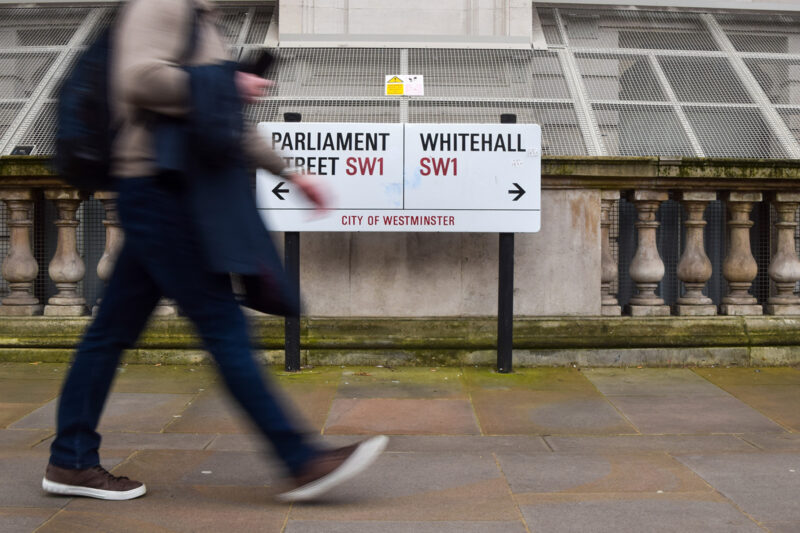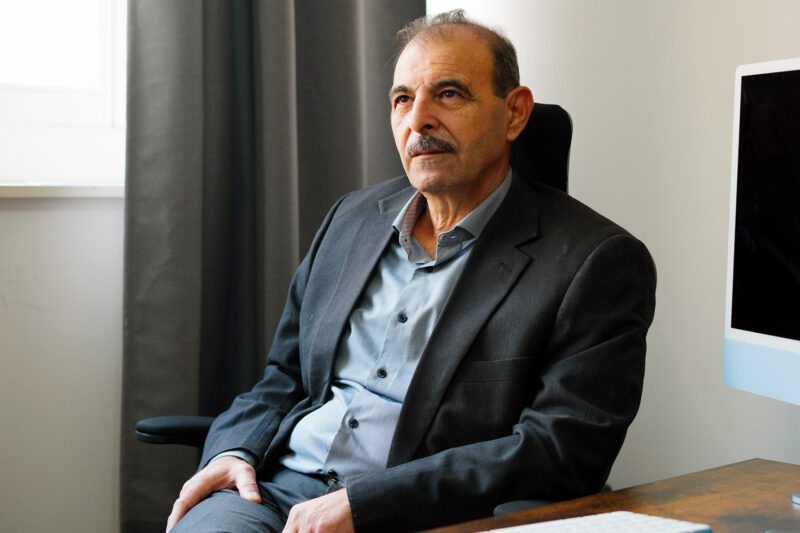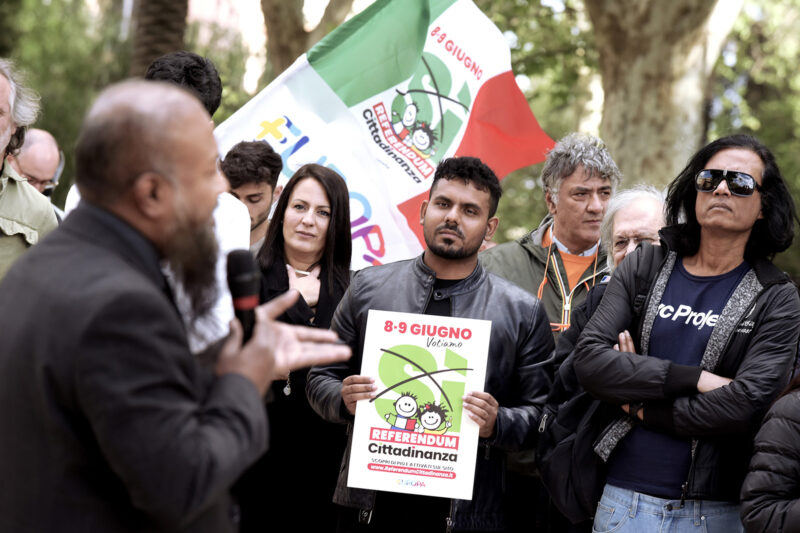Tories spent £1.9m on ‘dehumanising’ immigration tagging that didn’t work
Labour’s own evaluation of the programme, published in January, found that GPS tagging had not made people less likely to go awol
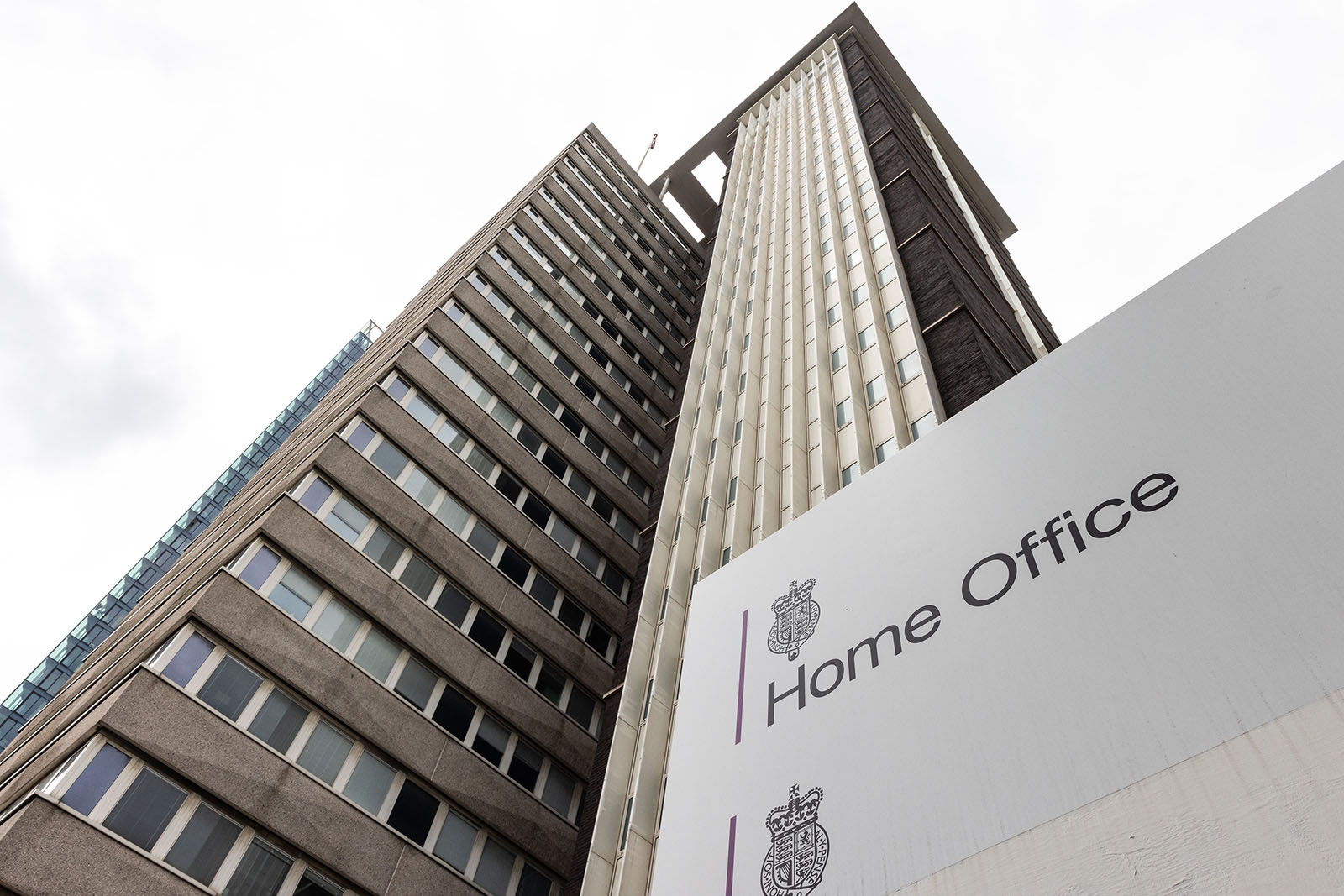
The Conservative-run Home Office spent nearly £1.9m on a pilot scheme to fit GPS tags to people on immigration bail that was found to be cruel and ineffective.
Data obtained by Hyphen under freedom of information law found the total cost of the scheme, which ran for 18 months, was £1.88m. The Labour government’s own evaluation of the programme, published in January, found that GPS tagging had not made people less likely to go awol.
Under the pilot, around 1,200 people who had crossed the English Channel seeking asylum were split into two groups. From July 2022 to December 2023, half were made to wear electronic tags and go to an immigration reporting centre every fortnight, while the other half were not fitted with monitoring tags but had the same meetings. At the end of the pilot, 14% of the untagged people had absconded — compared with 16% of people wearing tags.
The pilot was met with intense scrutiny from migrant rights charities and legal experts including the Public Law Project, which in 2023 published research with Bail for Immigration Detainees and Medical Justice on the impact of electronic monitoring on people’s physical and mental health. People on tags described feeling “constantly on edge” and “like a lower type of human”, while others called it “a type of torture”.
Julia Tinsley-Kent, head of policy and communications at Migrants’ Rights Network, said: “That money could have been much better spent in investing in helping people settle into communities and restart their lives, rather than throwing these huge amounts of money at things that just further strengthen the hostile environment and make migrants, including refugees and asylum seekers, feel unwelcome.”
The spend represents more than £1,500 per person for the duration of the pilot. Some were in asylum accommodation, where people are expected to live on less than £50 a week, while others stayed with family.

A spokesperson for the Public Law Project said this week: “When we consider the cost of this pilot, it is important to remember how detrimental and disproportionate the practice of GPS tagging migrants is.
“These devices are utterly dehumanising and they affect every aspect of people’s daily life and routine, including the ability to exercise, sleep, work, have relationships and care for their children.”
A legal challenge that concluded in May 2024 found that GPS tagging of migrants was unlawful.
Tinsley-Kent added that the majority of people who have sought support from the Migrants’ Rights Network are either Muslim or from Muslim-majority countries including Syria, Palestine, Egypt, Iraq and Iran.
“It’s not a huge stretch to say that the majority of nationalities who are forced into taking criminalised routes, and who have become subject to big tech surveillance measures like GPS tagging, are from majority Muslim countries,” she added.
“They are painted as this number one threat.”
Woodren Brade, policy officer at the Refugee Council, said: “People in the asylum system have fled horrific circumstances and come to the UK in search of safety; rather than be treated as criminals, they should be treated with compassion and respect and helped to integrate into their new communities.”
The Home Office told Hyphen: “The government’s GPS tagging pilot of asylum seekers was conducted under the previous government and sought to explore the impact of electronic monitoring on compliance rates.
“This government is determined to restore order to the asylum system so that it operates swiftly, firmly and fairly.”
 Newsletter
Newsletter


